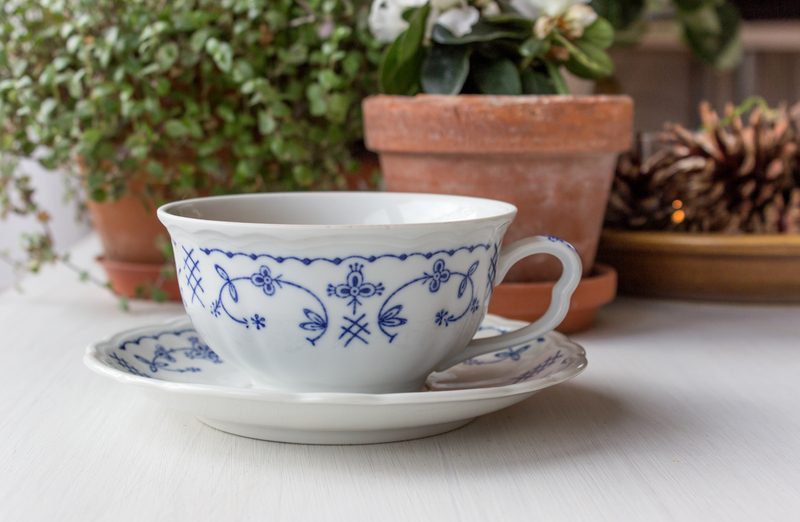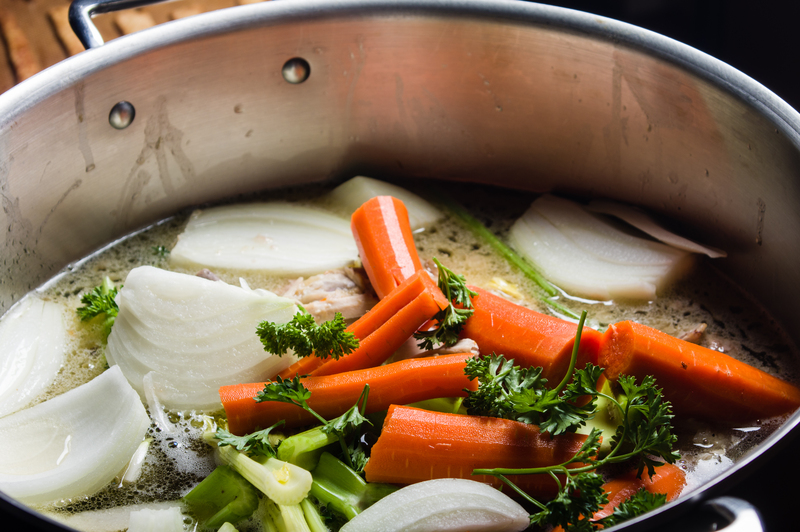Eco-Friendly Tips for Disposing and Recycling Old Pots and Pans
Old pots and pans cluttering your cupboards? Whether your trusty cookware has finally called it quits or you're simply upgrading your kitchen set, responsibly disposing of these items can be more complex than tossing them in the trash. Nonstick coatings, mixed materials, and aging metal make disposal and recycling a challenge. Fortunately, there are eco-friendly ways to recycle, reuse, and repurpose old cookware that benefit both you and the environment.
Why Responsible Disposal of Old Pots and Pans Matters
Each year, tons of metal and non-biodegradable kitchenware end up in landfills, contributing to environmental pollution. Many pots and pans are made with metals like aluminum, stainless steel, or copper, and may have nonstick coatings such as Teflon--materials that don't break down easily and can leach harmful substances into the earth.
- Metal recycling saves energy and reduces the demand for raw resources.
- Improper disposal of nonstick pans can release toxins into the environment.
- Donating or repurposing cookware reduces overall waste and helps others.
Making eco-conscious choices when it's time to dispose of your old cookware supports global efforts to reduce waste and protect ecosystems.

Assess the Condition of Your Cookware
Before you jump to recycling or the trash bin, ask yourself: Is my old pot or pan still usable? If the item is free of severe cracks, deep scratches, and warped bottoms, it may still have life left--for you or someone else.
Considerations Before Disposing:
- Is the nonstick coating scratched or peeling?
- Is the pan warped or broken beyond safe repair?
- Are handles loose, broken, or missing?
- Do burnt spots or rust make it unsafe or unusable?
Gently used but unwanted pots and pans can often be donated or given away, while severely damaged items can be recycled, upcycled, or creatively repurposed.
Eco-Friendly Ways to Dispose of Old Pots and Pans
1. Donate to Charity or Community Groups
If your cookware remains in decent shape, donating is the most sustainable option. Many charities, thrift stores, soup kitchens, and shelters accept gently used cookware.
- Contact local non-profits to confirm acceptance of cookware, especially if it's nonstick.
- Check with schools, churches, or community centers for donation opportunities.
- Consider offering to neighbors or through community groups like Freecycle or Buy Nothing Project.
Pro tip: Ensure items are clean and handles/knobs are tightly secured before donating.
2. Offer for Reuse or Freebies Online
Many individuals and organizations search for used cookware online. Platforms such as Craigslist, Facebook Marketplace, and Nextdoor make it easy to list items for free. Even if pots are worn, someone may want them for camping, crafts, or kitchen starters.
3. Repurpose Into Creative Home Projects
If recycling isn't an option and your pans are past their prime, think creatively! Old pots and pans can be upcycled into:
- Planters for herbs or flowers--add drainage holes and fill with soil.
- Garden tools or scoops for soil and compost.
- Decorative pieces like clocks, wall art, or quirky bird feeders.
- Storage bins for small tools, office supplies, or craft items.
- Kids' play kitchen tools or storage in playrooms or mudrooms.
Repurposing keeps cookware out of landfills and adds a unique touch to your home or garden.
How to Recycle Old Pots and Pans Responsibly
1. Understand Materials and Local Rules
Different materials require different recycling methods:
- Most metallic cookware (stainless steel, aluminum, copper) is recyclable.
- Nonstick pans with Teflon require special handling.
- Cookware with wooden or plastic handles may need to be disassembled.
Check your municipality's guidelines to see what's accepted in curbside recycling, or research local scrap metal recyclers. Many communities offer separate pickup or drop-off for metal goods.
2. Remove Non-Metal Parts
Before recycling, remove any non-metal parts such as plastic, glass, silicone, or wooden handles. This improves the chances your items will be properly recycled and not diverted to landfills.
Steps:
- Unscrew or detach handles or lids.
- Remove glass or plastic inserts from lids.
- Clean the cookware thoroughly.
3. Take to a Scrap Metal Yard
Metal recycling centers and scrap yards are often the best solution for old pots and pans--especially if your municipality doesn't accept large metal goods in household recycling bins. Here's why:
- Scrap yards accept most types of metal cookware, regardless of condition.
- They often pay a small fee for metal by weight.
- The metal will be melted and reused in other products, saving resources.
Find your nearest scrap yard through online searches or by calling local waste management services.
4. Manufacturer Take-Back and Retailer Recycling Programs
Some cookware and appliance manufacturers run take-back or recycling programs. For instance, certain brands accept old pans for responsible recycling, even offering discounts toward new products. Retailers such as Best Buy and Ikea may also provide recycling bins for small household metals.
Check your cookware brand's website for details or call customer service for recycling guidance.
Special Considerations for Nonstick and Coated Pans
The disposal of nonstick-coated pots and pans (such as Teflon or ceramic) poses unique issues. These coatings may contain perfluorinated compounds (PFCs), which can be hazardous if incinerated or landfilled.
- Never burn nonstick cookware.
- If curbside recycling refuses coated pans, seek out specialized recycling facilities.
- Contact the cookware manufacturer about recycling options for their products.
- When in doubt, check with local hazardous waste disposal services.
Switching to uncoated, natural metal cookware (like stainless steel or cast iron) for future purchases is a more environmentally sound choice, as these are easier to recycle.
Best Practices for Reducing Cookware Waste
The best solution is to reduce the overall waste stream from your kitchen. Here are top tips:
- Invest in high-quality, long-lasting cookware that resists wear and tear.
- Avoid cheap nonstick pans that degrade quickly.
- Care for pots and pans properly; follow washing and use guidelines.
- Repurpose rather than replace when possible--e.g., use old pans as flowerpots or organizers.
- Buy from brands with recycling programs or eco-friendly policies.
Making small choices today ensures fewer pans end up as tomorrow's landfill waste.

Frequently Asked Questions (FAQ) on Disposing and Recycling Pots and Pans
Can all types of pots and pans be recycled?
Most metal pots and pans can be recycled, but you'll need to remove plastic, wood, or glass parts. Nonstick or ceramic-coated items sometimes require specialized recycling.
How do I know if my local recycling center accepts old cookware?
Visit your city's waste management website or call customer service. Many curbside programs won't accept bulky metals, but dedicated scrap metal centers will.
Is it okay to put old pots and pans in the garbage?
It's best to avoid sending cookware to the landfill whenever possible. Metals and coatings are not biodegradable and can pollute soil and water.
Can I repurpose old pots and pans?
Absolutely! Repurposing is the greenest disposal method. Turn pots into planters, garden scoops, or crafty clocks.
Where can I donate used cookware?
Contact local thrift stores, shelters, soup kitchens, community centers, or list items for free online.
Conclusion: Choose Eco-Friendly Cookware Disposal for a Greener Future
Taking a few moments to responsibly dispose of your old pots and pans can make a real difference for the planet. From donating, reusing, and recycling to creative upcycling, there are countless ways to keep cookware out of landfills and contribute positively to your community.
Embrace eco-friendly habits in your kitchen today for a cleaner and healthier tomorrow--and encourage others to do the same!
Ready to recycle? Start by assessing your old cookware, researching local options, and choosing the most responsible method for disposal. Every sustainable step counts.